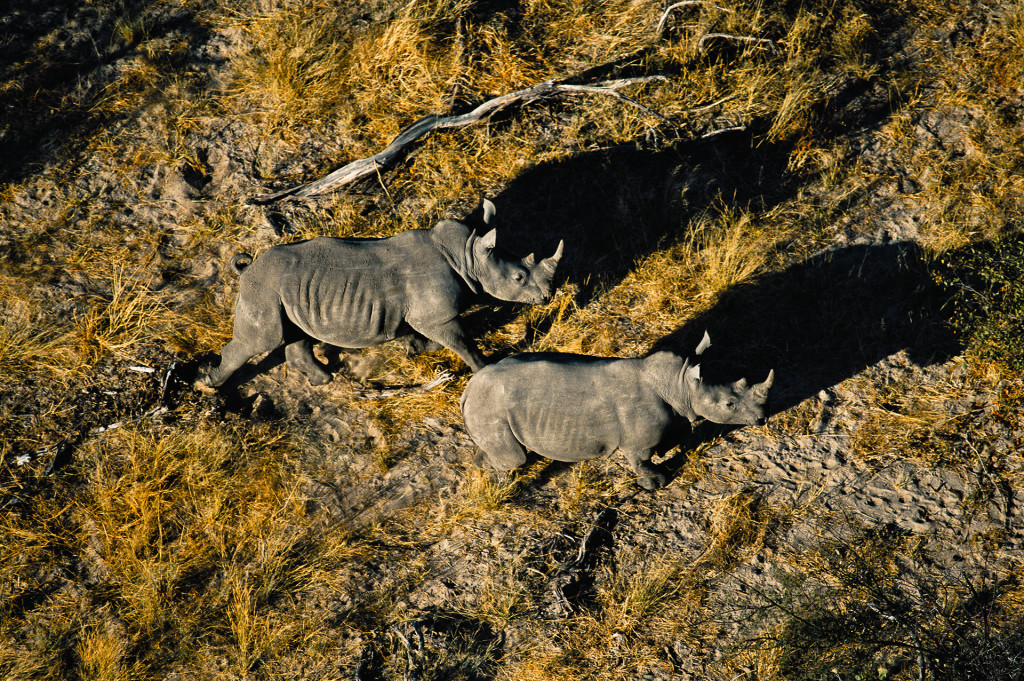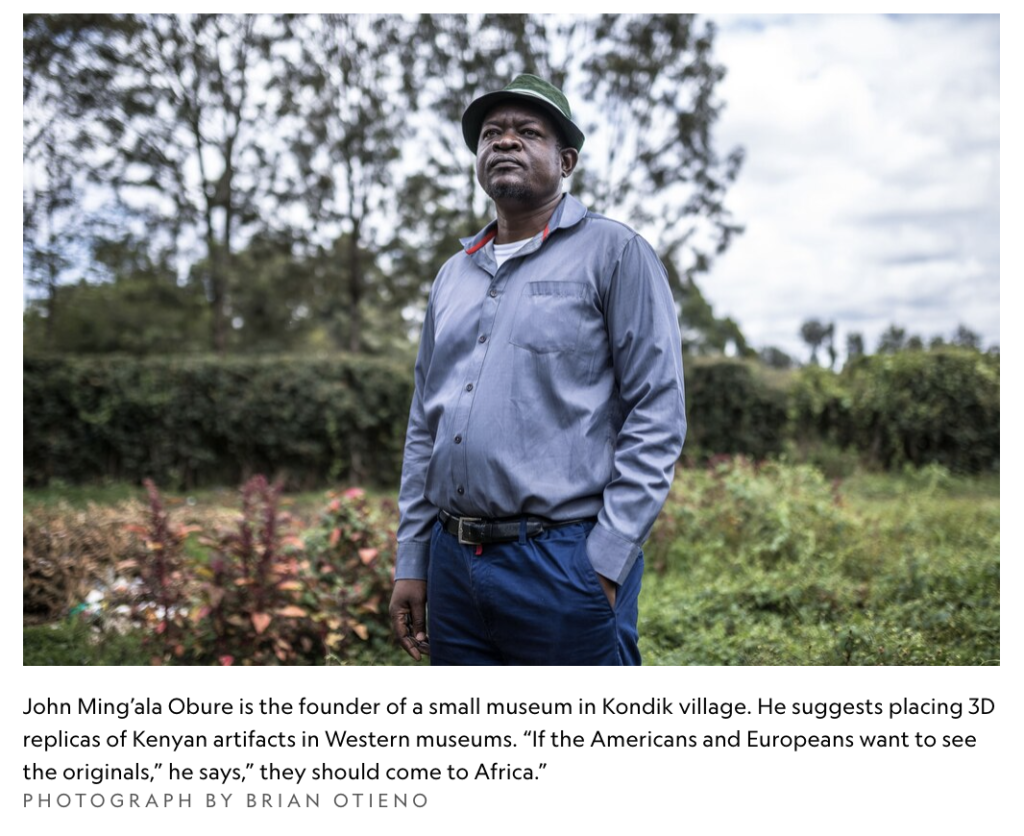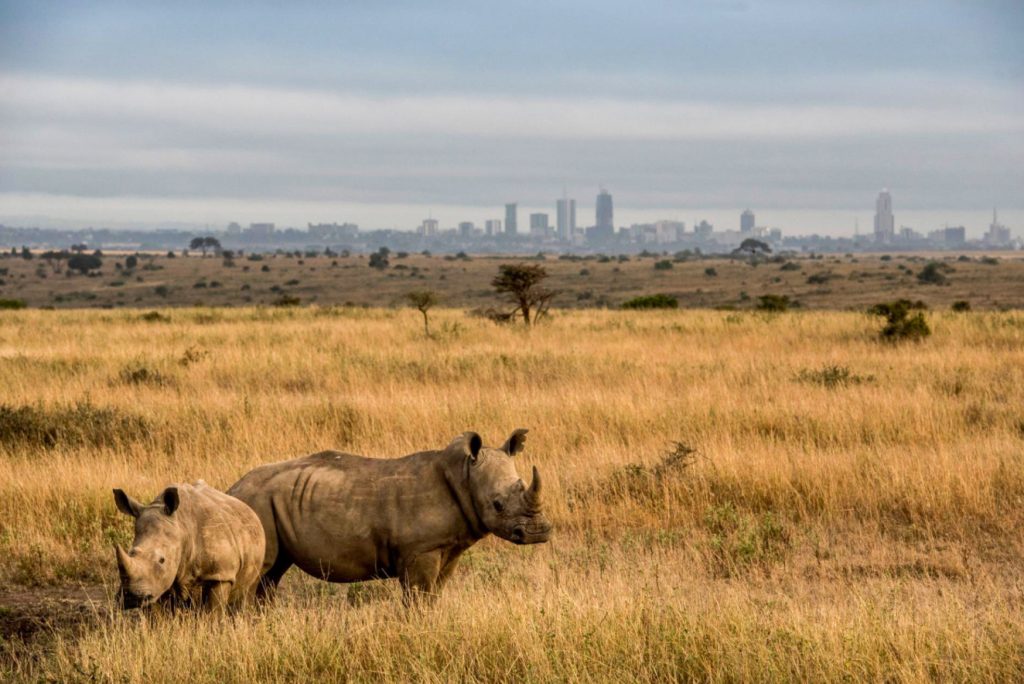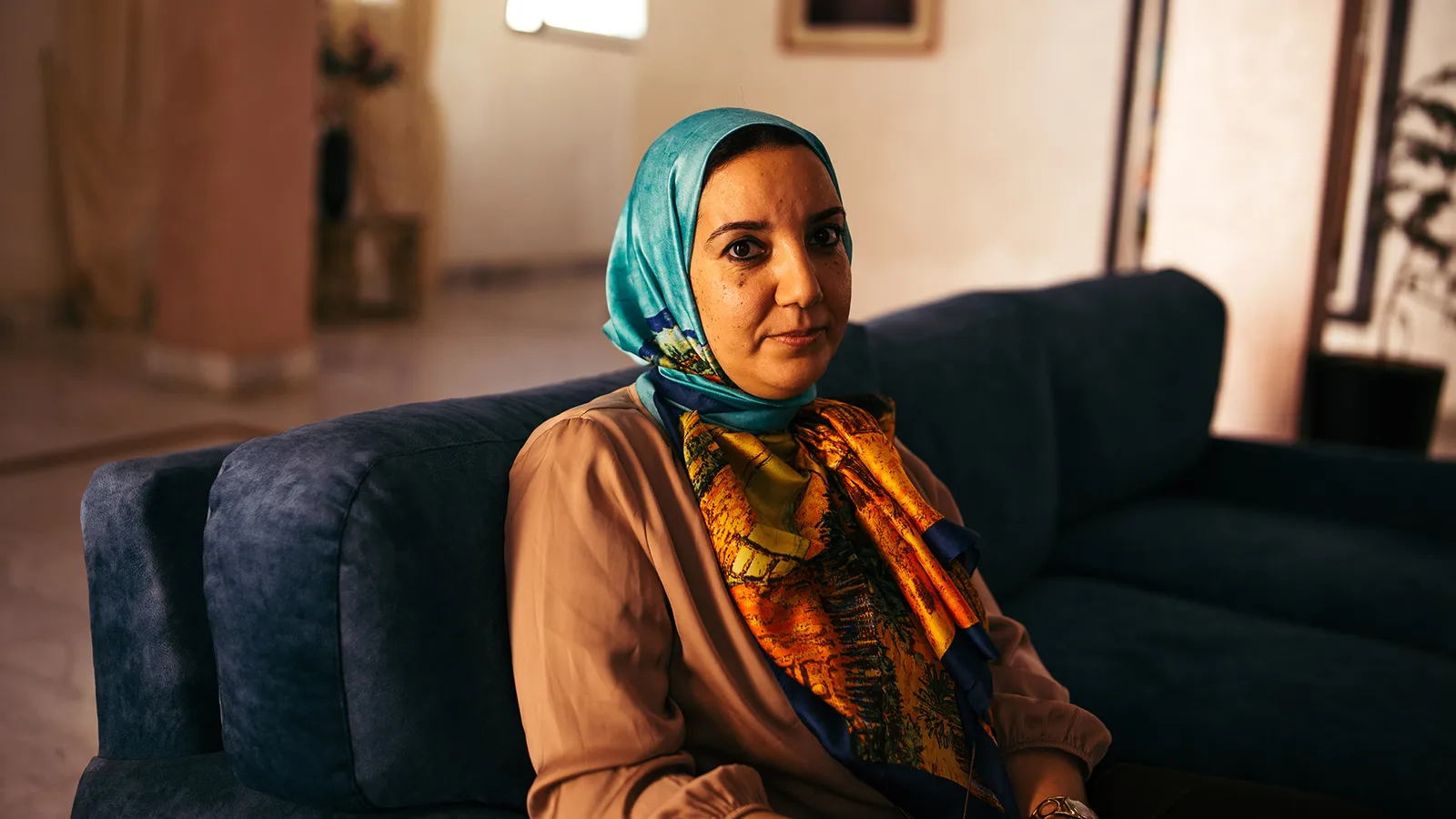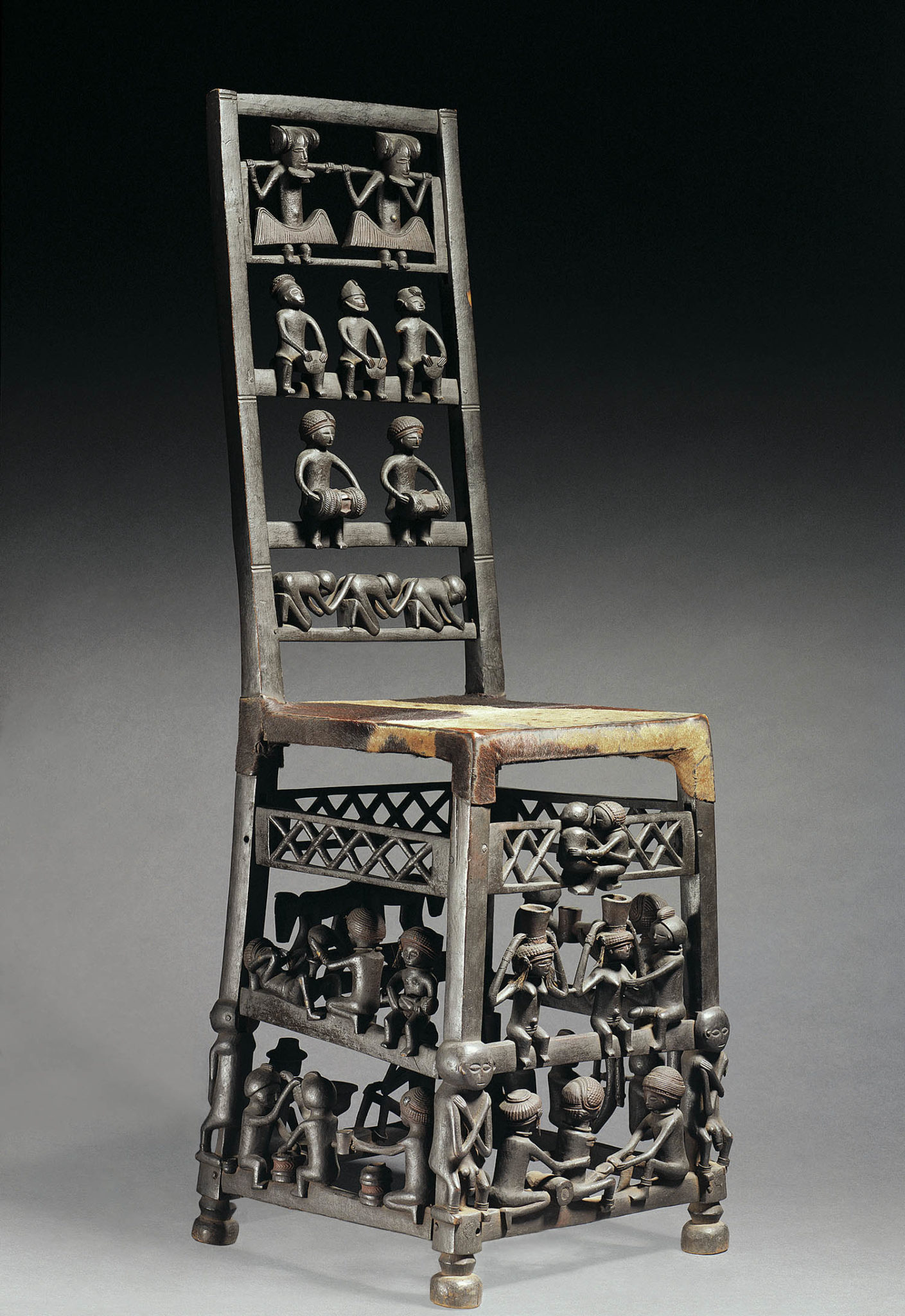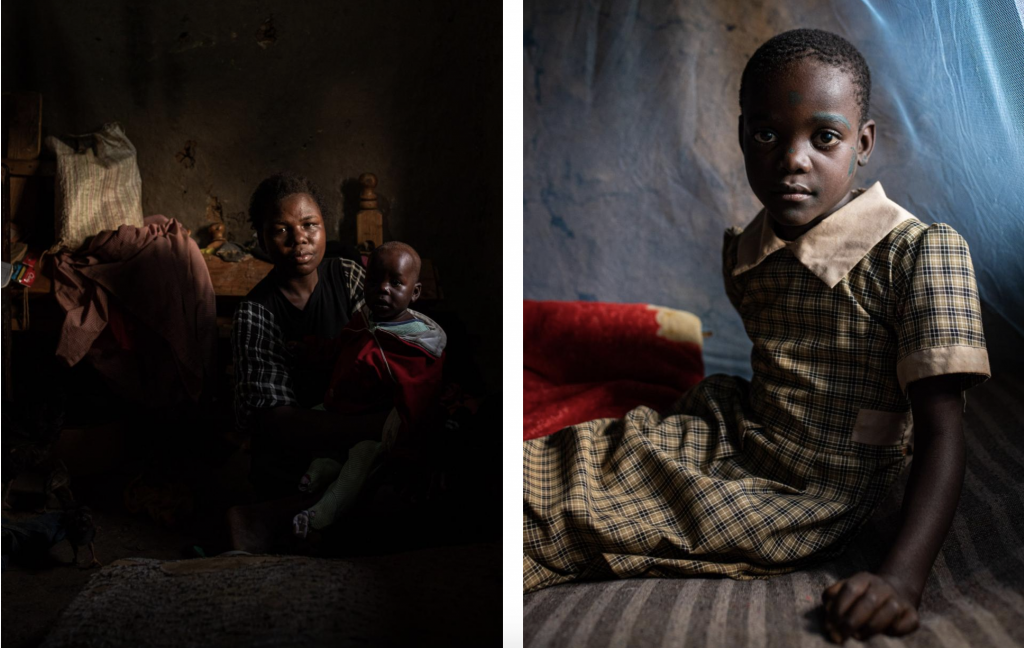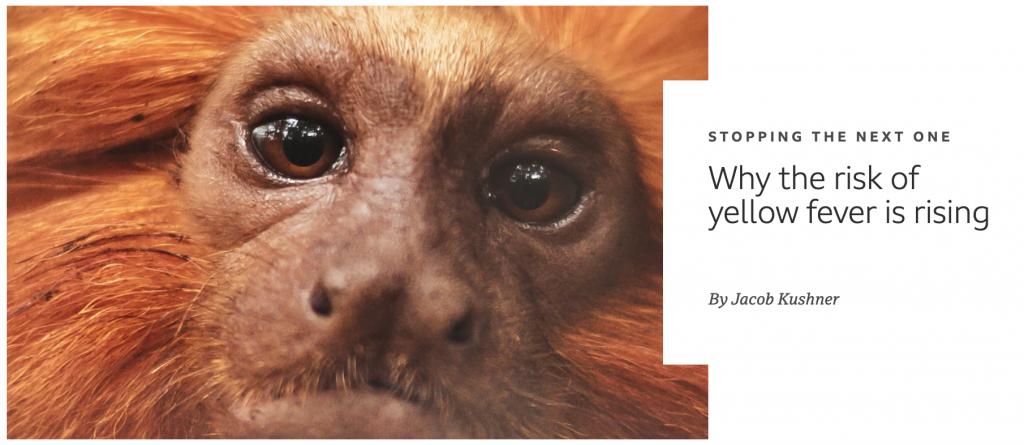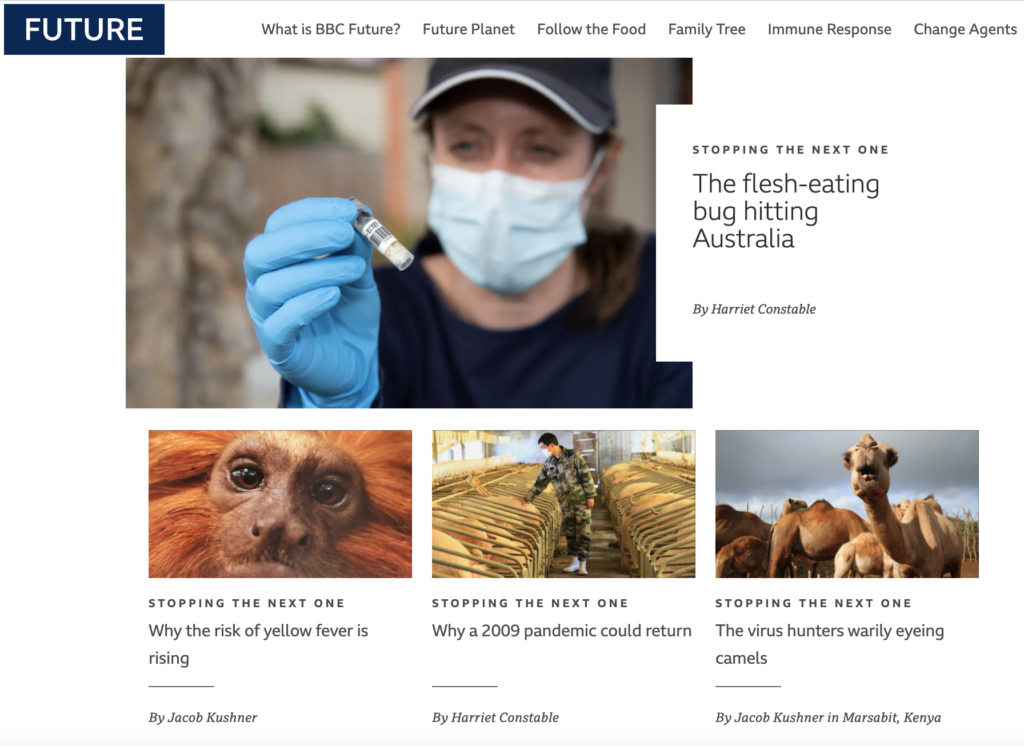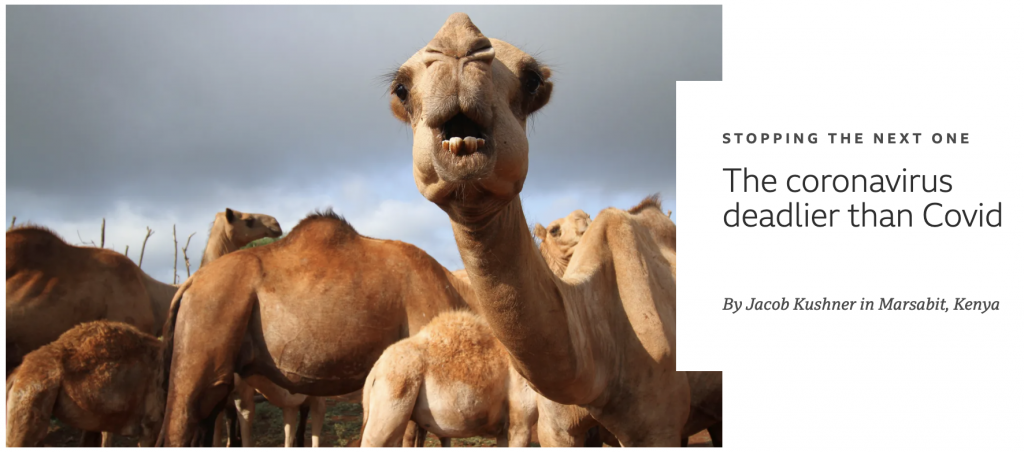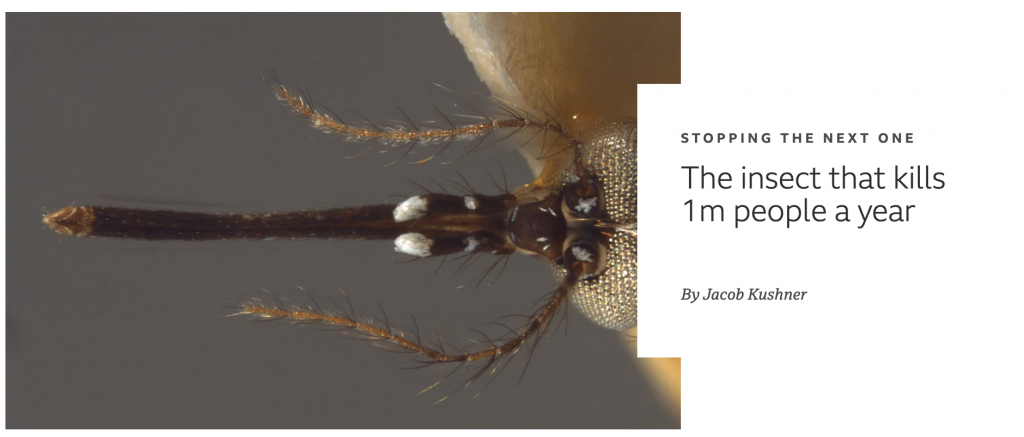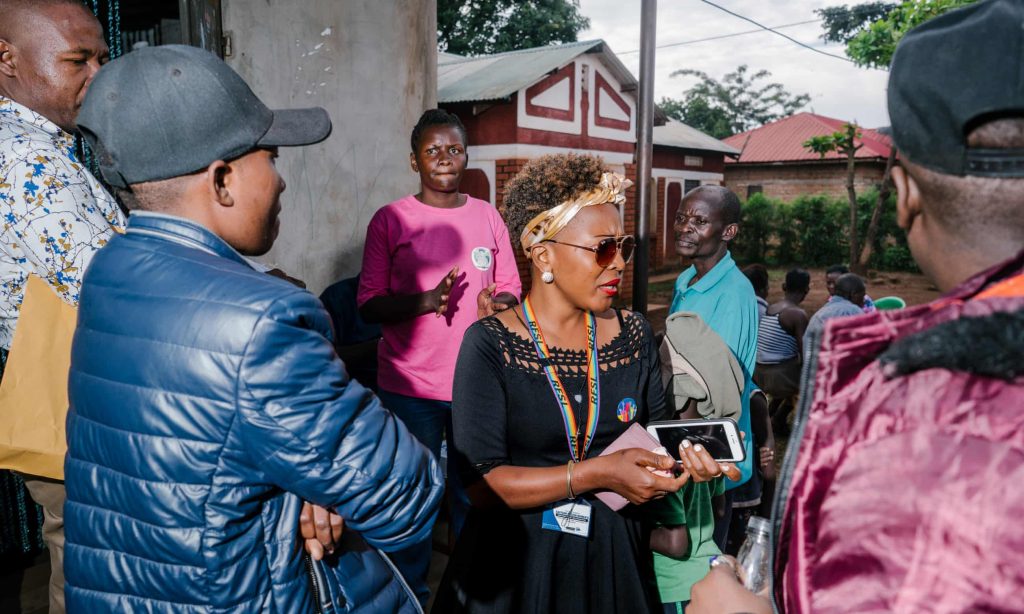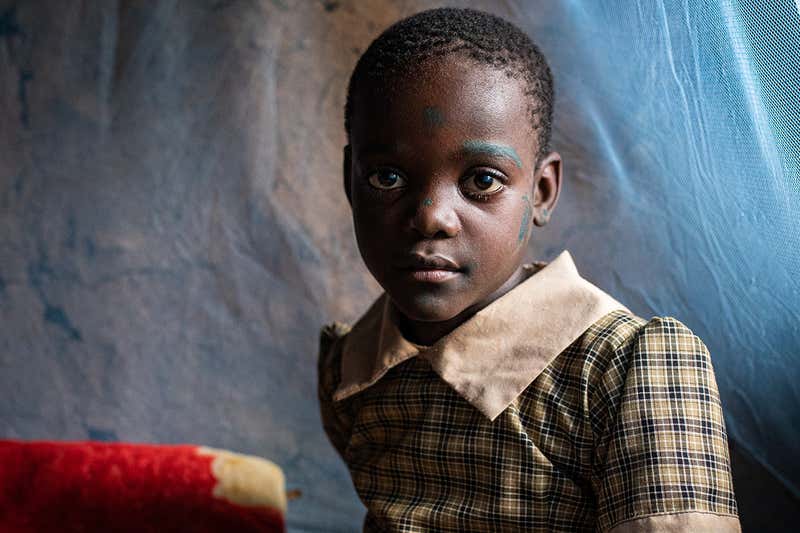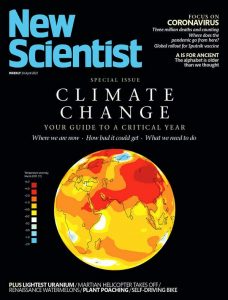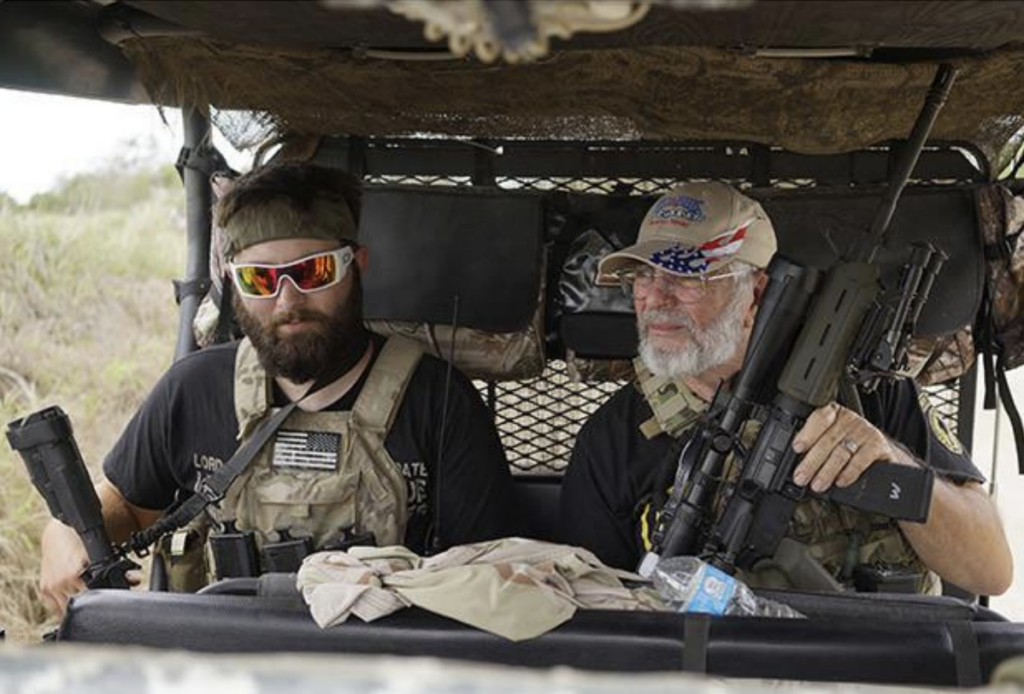
Vigilantes go on patrol in September near the U.S.-Mexico border outside Brownsville, Texas.
Reuters/Rick Wilking
“Visitors belonging to a minority race should use particular caution when traveling to areas of the United States where police officers may be present.”
“LGBTQ travelers should instead consider going to Uganda, where only one targeted murder of an LGBT individual occurred in 2011, compared with 30 that year in the United States.”
“Muslims traveling to America should be aware that federal operatives routinely attempt to entrap Muslims into terrorist plots.”
“Violent and sometimes fatal attacks, including armed carjackings, drive-by shootings, burglaries, and kidnappings can occur at any time and in any location, particularly in cities. Travelers to big cities should therefore avoid crowds.”
Read the full satire – originally published by Vocativ.
